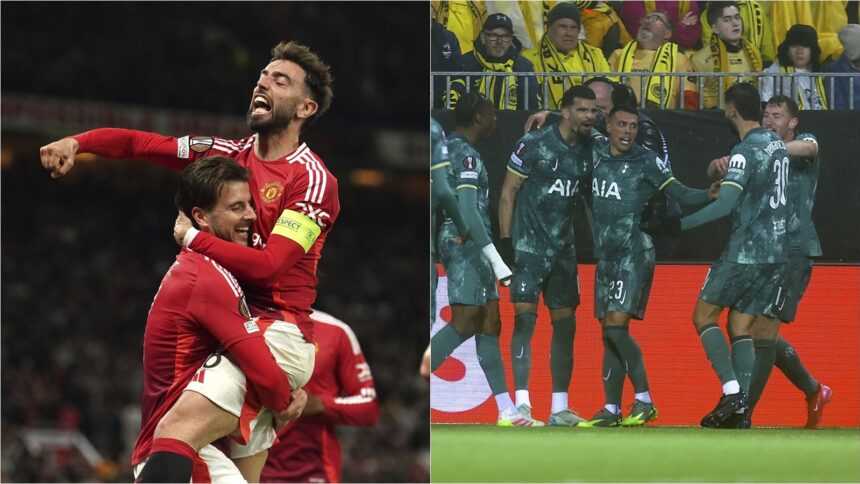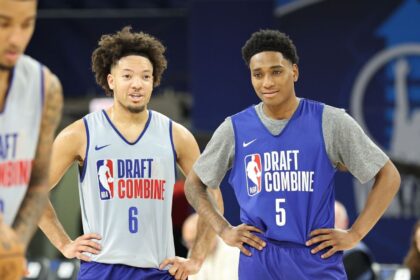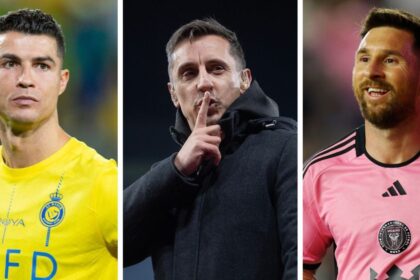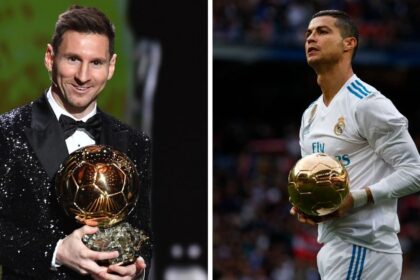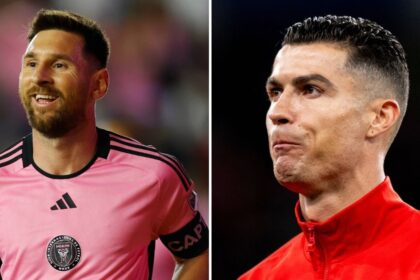A tournament once viewed condescendingly by the powerhouses of Europe now offers two fallen giants of the continent a season-ending redemption song. Manchester United and Tottenham Hotspur are languishing 16th and 17th on the league table in England, relegation blushes saved by a frighteningly incompetent bottom three. They square off in the Europa League final for not only a silverware that could bring some sunshine into a dark season but also a slot in the next Champions League edition. Besides the material gain that accompanies UCL qualification, some of their battered dignity could be reclaimed.
The voice that the Europa winners securing a Champions League berth is dubious has found justifiable volume in the sustained plummet of Spurs and United. There are two contrasting perceptions—the Premier League is too competitive so that even teams that underwhelm are better than several sides on the continent, or that the fickle disposition of knockouts favoured them more than the weekly grind of the league. Or it could be that United and Spurs were too wise. they realised the futility of fighting for top five in a highly competitive season, so they sought the shortcut.
No Europa League final, usually quiet affairs in the bowels of nondescript cities, has inspired so much bewilderment or amusement. Not because it involves two of England’s traditional top-six, but because the pair have been chillingly inept in the Premier League. United last rejoiced in a victory in mid-March; Spurs’ came six gameweeks ago. The domestic season could fit into any or all of the following descriptions, from shambolic to hopeless, pathetic to pitiful. But the pastures of Europe have been greener, and to their honour, they had demonstrated the traits of fight and feistiness that had evaded their league campaigns.
Europe has been like the last branch of hope teetering on the edge of the cliff. It could be the biggest games in the lives of two managers trying to decode the mysteries of the English league. Ange Postecoglou of Spurs and Ruben Amorim of Manchester United. A defeat—sometimes even a victory—could doubtless cost Postecoglou his job. A similar fate could force a rethink about Amorim’s wits to reclaim the days of glory for United. Several of their personnel could be shipped out of their clubs too by two ruthless managements.
In a sense, it’s a clash of managers without a Plan B or C, bound by the common flaw of holding too tightly onto their principles. Postecoglou, with his dynamic football, helped the club finish fifth in his first season, winning plaudits for his uncompromising attacking ethos. But the same tactics, founded on high pressing and possession, failed to work when injuries mounted up. A more conservative approach could have won them a few more points but even with fresh-faced academy graduates in some games, the Australian would adhere to his convictions. The club’s frugal spending in the transfer ensured a thin squad, a few injuries away from collapsing.
All it took were the injuries to defenders Cristian Romero and Micky van de Ven for Spurs’ grand plan to compete for the title to fall apart. Injuries cost playmaker James Maddison much of the season. Postecoglou, rather than tweak his strategies to adapt to the new realities, blamed every defeat on the injuries. The love and support waned, and banners crying for his ouster became more regular in the stands.
As stubborn as Amorim is, the Portuguese wedded to a hyper-intense system founded on three-man defence. He arrived midway through the season and found himself in the middle of ill-fitting personnel hired during his predecessor Erik Ten Hag’s time, another United rebuild plan gone awry. Amorim found himself tasked to rebuild the rebuild. United had the opposite qualities he wanted. Whereas he required energetic players on the ball, he found those were ponderous. When he needed the central midfielders to run till their lungs collapse, he was beset with an odd trio in Casemiro, Kobbie Mainoo and Manuel Ugarte. Mainoo is imaginative and quick-thinking, but lacks physicality. Casemiro has lost a few yards of his speed; Ugarte has the physique and attitude to shine as the midfield disruptor, not the refinement in passing or vision in launching a meaningful attack. A misfiring centre forward and goal-shy wingers (once Amad Diallo got injured) complicated his first season. The injury curse at left-back and a quiet winter transfer window meant he had to wait to purchase players who would suit his style.
Through all the turmoil, tweaking and tinkering of players, he didn’t alter his approach. He shuffled and shunted his troops around, but three-man defence was the default. The only time he threw the system to winds was in the chaotic semifinals against Lyon, when they threw themselves into the attack in pursuit of the equaliser and winner. Perhaps that’s the template for the final; Spurs have already sold themselves to the idea of discovering order in disorder.
The final, thus, could be both fun and chaos, perhaps turgid and bland. The beauty and intrigue is that no one knows what would unfold. These are managers with Plan A and Plan Nothing.





